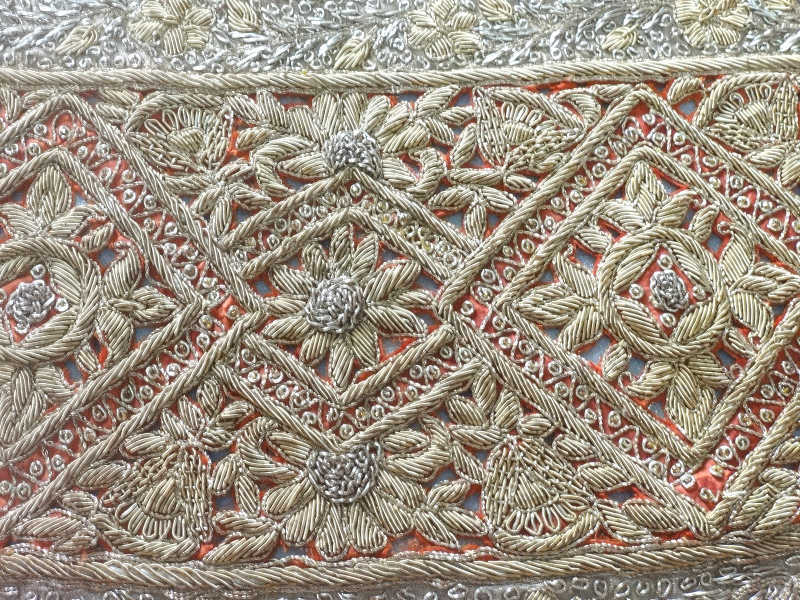===
1494,
1
===

=== |
 |
ravish : 'Motion, walk, gait, carriage; practice, custom, fashion, usage; rule, institution, law; conduct, behaviour; order, course, proceeding, procedure; manner, method, mode, way; —a garden-walk, path, avenue, passage, gallery'. (Platts p.605)
FWP:
SETS
MOTIFS
NAMES
TERMS == WORDPLAYThere used to be the idiomatic 'to spread oneself' in English, meaning to relax, to become expansive, to feel comfortable or even superior. The idiomatic uses of phailnā in Urdu are similar; in both cases the process of physical or bodily spreading out comes by extension to include psychological or political ease or ascendancy.
This usage makes ravish (see the definition above) most enjoyably the key to the verse. The speaker used to 'spread himself' and 'wander' along 'paths' of flowing water (and of course elegant gardens of the time had networks of water-channels); or with the 'movement' of flowing water (a very relaxed, effortless, natural movement); or in the 'manner' of flowing water (when flowing water spreads, it moves irresistibly and occupies any space in the vicinity).